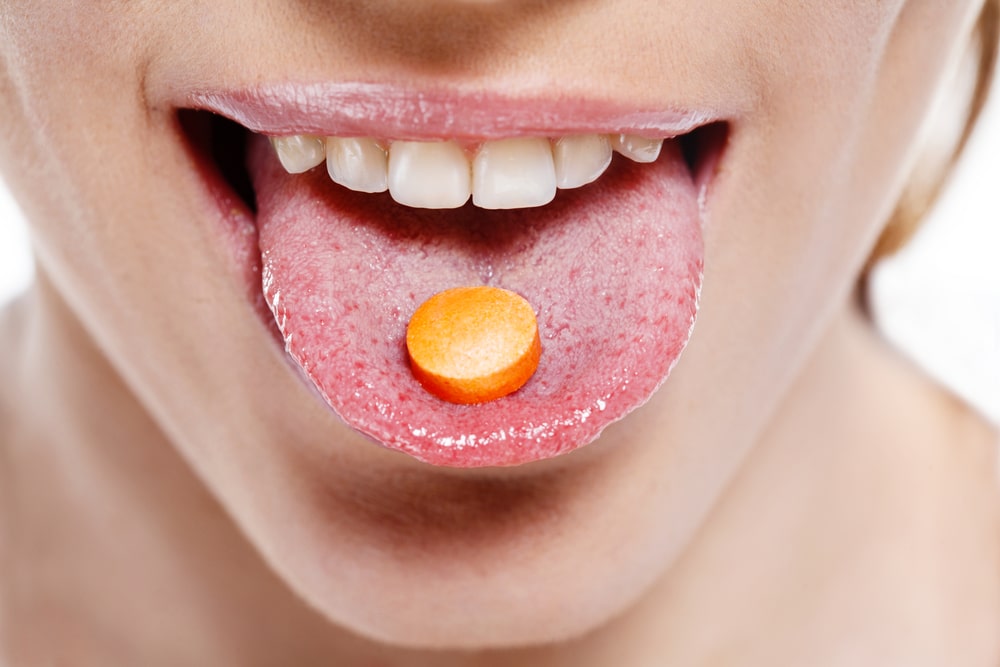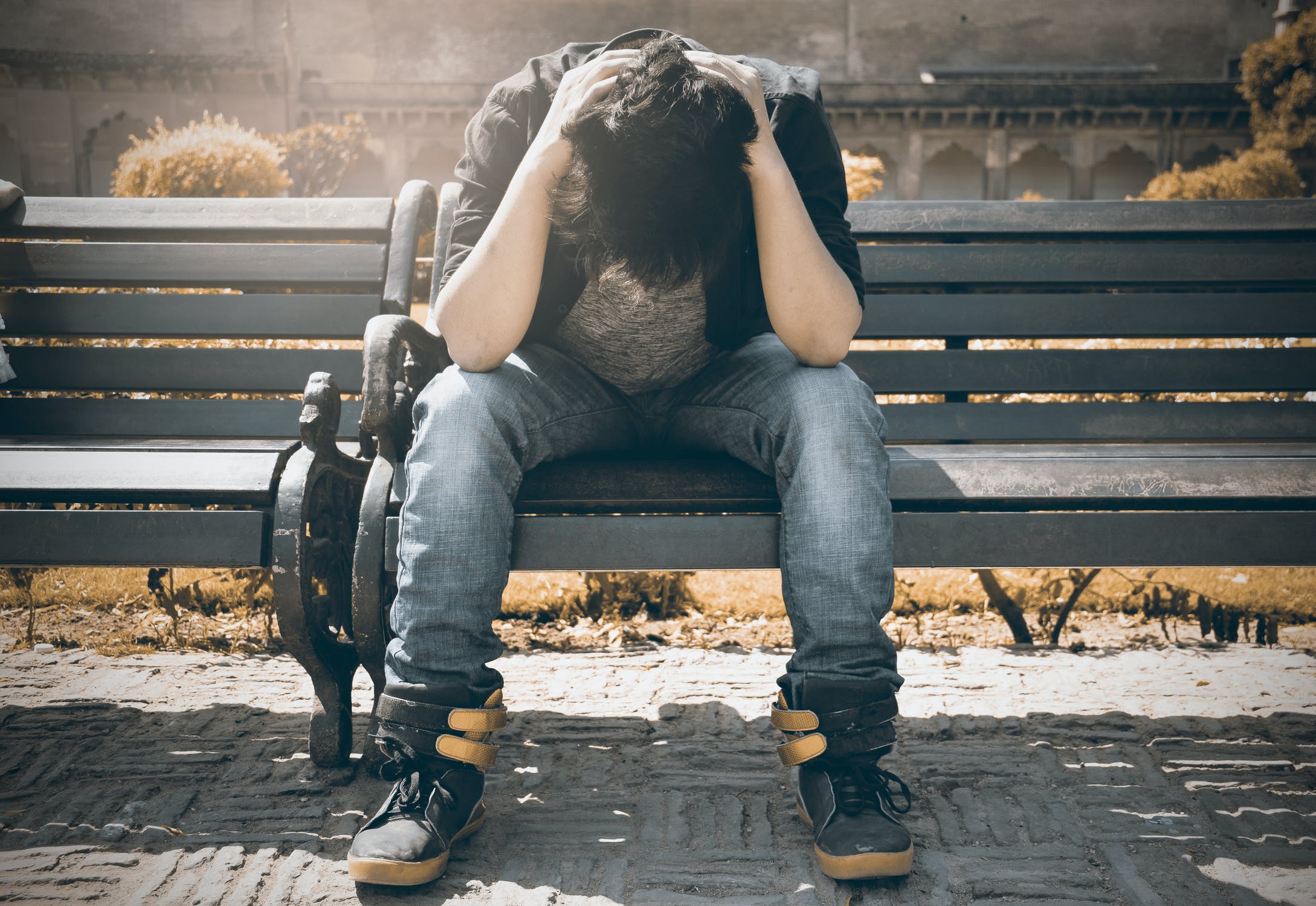
MDMA is a powerful stimulant and psychedelic drug that is popular among club goers. Use of this drug is most common among urban youths. MDMA significantly impacts the brain on a complex, neurological level, and adverse effects from MDMA use and abuse can affect a user for days to weeks after initial withdrawal and detox. For people who are addicted to MDMA, trying to withdrawal from the drug without outside assistance and medical intervention can be painful and emotionally distressing. But inpatient and intensive outpatient rehabilitation centers can help people safely detox from the drug, and make the symptoms a little less uncomfortable. For those who suspect a loved one is struggling with MDMA addiction, it’s crucial to know the signs.
What is MDMA?
MDMA is also referred to on the street as “Molly” or ecstasy. As Molly, MDMA is often a powder form, while ecstasy is MDMA cut with other substances and then put into a tablet or capsule form. MDMA became popular on the club scene in the 1990s, and what’s especially distressing about this drug is that it has been glamorized in the arts and pop culture. People mistakenly believe that since it is a party or club drug, it’s non-addictive and also won’t cause any adverse side effects. But that’s simply not true. MDMA and ecstasy tablets are cut with many different unknown contaminants, which can have a range of adverse effects on users. By itself, MDMA can cause hyperthermia. Users have overdosed and died on MDMA from a combination of overexertion, dehydration, and heatstroke.
How do people use MDMA?
In most cases, people take MDMA in a capsule or tablet form as the street drug ecstasy. These substances are also referred to as “X,” “E,” “beans,” and “Adam.” The drug is usually ingested orally, but in some cases, people will crush and snort the pills for a quicker high. MDMA in a powder form is usually snorted. People typically mix MDMA with other substances, the most popular being alcohol and marijuana. Combining the substances, plus the many unknowns that are often present in ecstasy and Molly can make for an especially dangerous combination with unpredictable side effects. The most common drugs and substances MDMA is mixed with include the following:
- Caffeine
- Methamphetamine
- OTC cough suppressants
- PCP
- Cocaine
- Ketamine
- Bath salts or cathinones
What are the signs and symptoms that someone is abusing MDMA?
People take MDMA because it can significantly enhance social experiences, and give users a feeling of intense closely with other people. MDMA is referred to as an entactogen because it increases a person’s self-awareness and their ability to feel empathy. These side effects make it an incredibly popular drug at concerts, clubs, and other large parties. In the U.S., few illegal labs manufacture MDMA, with most people obtain the drug from labs in Canada and the Netherlands.
The signs of MDMA use include:
- A lack of inhibitions
- Increases sociability
- A state of intense euphoria
- Strong feelings of connectedness
- Increased physical sensations
- Alertness and high energy
- Losing track of time
- Elevated blood pressure and heart rate
- Muscle tension and jaw clenching
- Dizziness and fainting
- Hot or cold flashes
- Loss of appetite
In severe cases, people can experience hyperthermia and dehydration, which can cause organ damage and other medical complications. Because MDMA is often mixed with other drugs, this can cause other adverse side effects, or increase the side effects of MDMA. It is impossible for users to know how much of a drug they are consuming when it comes to MDMA.
The signs of MDMA addiction are similar to the symptoms of addiction for other drugs and alcohol. These include increased agitation, secretiveness, and money or legal issues. In cases of MDMA abuse and addiction, these drugs are often taken for large social gatherings. People addicted to MDMA may fail to uphold their regular responsibilities. Also, MDMA use keeps people awake and alert for many hours. People who abuse this drug and are addicted to it may start to sleep during the day as a way to catch up on their sleep. Furthermore, MDMA use severely curtails a person’s appetite and can lead to sudden weight loss and nutritional deficiencies.
What the physical and mental effects of detox from MDMA?
MDMA has a unique effect on the brain that isn’t present in other drugs or substances. The main action by which MDMA produces euphoria or a high is by significantly impacting the brain’s synapses and serotonin production.
Usually, the brain produces serotonin at regular intervals, which helps regulate a person’s mood and also their appetite and ability to sleep. When someone takes MDMA, the brain produces a flood of serotonin. The neurotransmitter binds to the body’s natural serotonin receptors, creating a high. But the problem is that the serotonin production reaches a critical mass, and the brain can’t produce any more of the chemical. When the serotonin supply is depleted, a user will feel a range of painful and distressing symptoms.
- Depression
- Problems sleeping and eating
- Worry, confusion, and memory problems
- Aggravation and cravings for the drug
These symptoms will eventually reverse in most cases, but they can last for weeks after a person initially detoxes from MDMA.
How can a loved one approach the topic of rehab for MDMA abuse?
Watching a loved one abuse drugs is a painful emotional experience. It’s common for friends and family to fear for their loved one’s safety, or to be hurt and angry regarding their actions. When it comes to approaching the subject of addiction, abuse, and rehab, the most effective way to communicate with a loved one is to approach the topic from a place of concern and empathy, not a place of judgment or anger.
This can be incredibly difficult for emotional, sensitive topics like addiction and rehab. Speaking to a drug abuse counselor or intervention specialist first can help loved ones prepare for the conversation. Addiction specialists can also help loved ones create a plan for MDMA rehab, so when their loved one agrees to treatment, they can get them into a facility quickly.
The representatives at Mission Harbor Behavioral Health are standing by to assist you with rehabilitation options for your loved one. Please contact Mission Harbor Behavioral Health today to learn more about addiction treatment.
MDMA is a man-made drug often called Molly. It is one of the chemical ingredients found in Ecstasy. The use of MDMA among teens and young adults was highest in the late 20th century and early 2000s. It is difficult to track the exact numbers because MDMA is combined with many other substances most of the time. It can also be hallucinogenic that causes mild hallucinations.
Common Signs of Molly Addiction
You may see some of these signs in someone close to you who has a Molly addiction problem. Some of these symptoms are also common with other substance addictions.
Causes of MDMA Addiction
Addiction is not the goal of someone who starts taking MDMA, but there are common reasons that certain age groups start on a downward spiral of addiction. Using MDMA, many young people see it as a way to fit in with their peer group. It can enhance the enjoyment of a rave or other type of concert party. Wanting to escape the monotony of everyday life has always been a reason to use substances, and for that reason, using MDMA is no different in that respect.
Drugs Often Taken with MDMA
People who take Molly like the feeling of exhilaration and high energy. MDMA is often combined with other drugs, some of which contribute to intense euphoria, but not always. There are plenty of drugs used in conjunction with MDMA. Other narcotics have been known to be cut with MDMA and can include but are not limited to:
Possible Future Use of MDMA
MDMA is still an illegal drug, but there is hope in some medical circles that doctors can someday administer it therapeutically. Some scientists and physicians feel that MDMA is a possible remedy for some patients who have PTSD.

Treatment At Our Southern California Rehab
We offer our patients exceptional care specifically for them at our treatment center at Mission Harbor. Our Southern California location can help in your recovery, and our team of expertly trained staff provides service to make your trip back to sobriety as painless as possible. We offer counseling and personalized treatment as is necessary for your recovery. Many of our patients are teenagers and young adults. Our therapy for that younger age group is somewhat different from the treatment of older patients. We also encourage parents and other family members to be involved with the treatment process for our younger patients.
We understand how delicate recovery can be when you or a loved one has an addiction problem. It might be necessary to see a professional with specialized training at our rehab facility. We can be here for you as you navigate the journey back to sobriety. Please contact us at Mission Harbor Behavioral Health to set up a consultation appointment.
The facilities at Mission Harbor are staffed with trained experts to best assist patients with their mental health issues. We are capable of dealing with any and all cases with a licensed staff, equipment, and approved techniques. Our mission is to help those who want to help themselves, and we support your decision in seeking help.
Get Help Now
Alcohol addiction is extremely difficult to overcome on your own.. Seek specialized help and let professionals guide you in your recovery.

